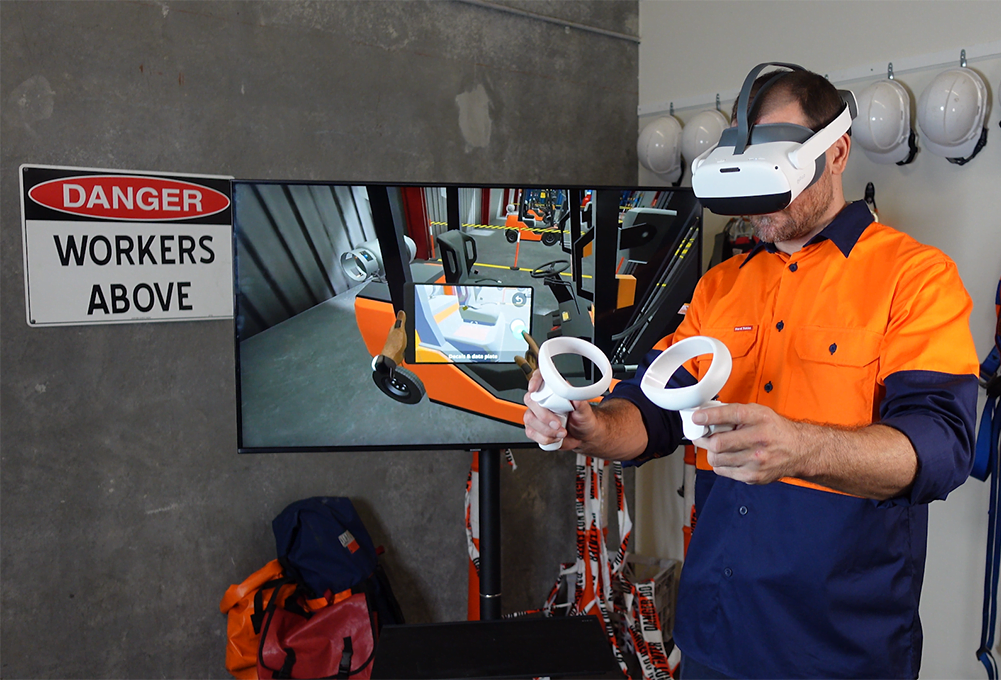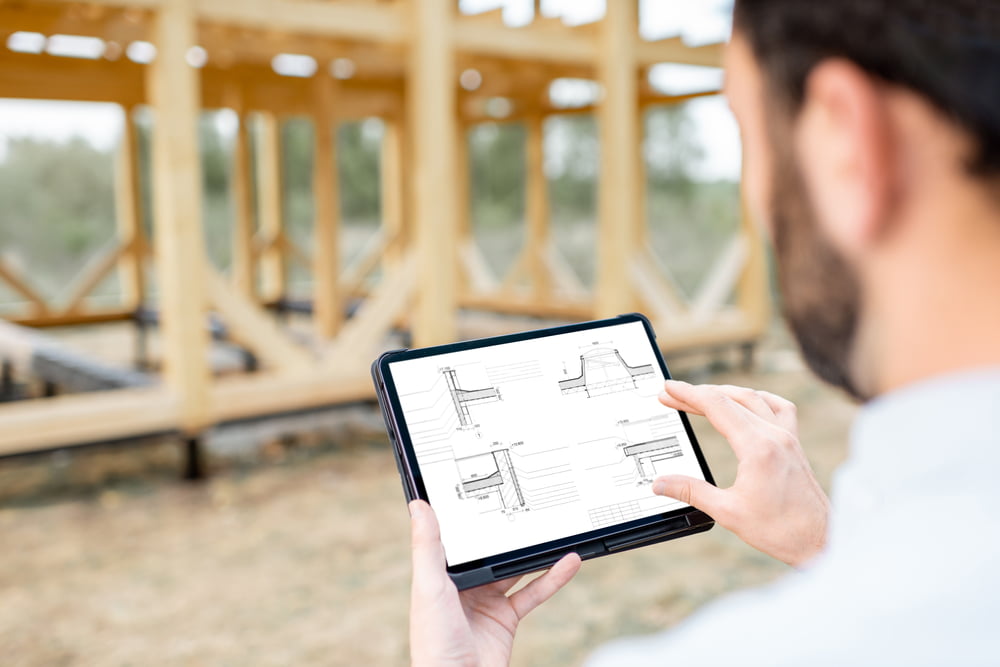
Technology is constantly evolving and integrating into different industries. These innovations bring new hardware and software, allowing organisations to complete their operations more efficiently. One industry where technology has found solid footing is the construction sector.
Numerous advancements allow construction companies to make decisions based on data and effectively drive their hand to success. Here is how data-driven decision-making is affecting construction.
Standard decision-making in construction
For years, the construction sector has relied on instinct and experience to guide its hand in daily operations. While this approach is fine and has served businesses well over the years, technology takes the guesswork out and provides facts you can grow your business with.
Standard decision-making undeniably has advantages. It requires a ground-level approach where the owner must truly know their organisation to lead it to success effectively. This is great, but it can also allow biases to enter operations. Limited information can force an owner to make misguided decisions that have worked in the past where an alternative route is now necessary.
The adaptations data-driven decision-making can provide
Before such advanced devices came about, construction business owners could still make decisions based on data. However, the information was less readily available and took much longer to analyse. With how technology has evolved, this is no longer the case — data and analytics are now easily accessed to help companies make decisions based on factual Information.
Analytics and data allow for decision-making based on objective data, entirely removing bias and guesswork. Construction organisations can use this information in multiple areas of their business.
How data-driven decisions can fast track your construction business
Is there concrete evidence of what such advancements can do for a construction business? Here are several areas where data can be a valuable asset for owners.
- Working in harmony
Data can allow for a more holistic approach to construction. Engineers may have difficulty building what the architect had in mind, leading to disputes that cut into time they could have spent on the project. Alternatively, data allows everyone to work in harmony.
The extensive information technology provides can get workers back on track and settle disagreements. In addition, this data can be shared with the engineers and architects to work towards a common goal, communicate effectively and address the areas that require attention.
- The power of predictive analytics
Predictive analytics allows businesses to make the right decisions at the right time. This gives them a clear view of how things operate around them, allowing them to predict outcomes and make smarter decisions.
With predictive analytics, companies can accurately determine the budget and time they will require for projects because they can look at previous details. Analysing data from equipment sensors can also help with regular maintenance, helping construction crews stay productive and reducing expensive downtime.
- Identify areas of interest
One of the advantages of having analytics at your fingertips is you can identify key issues to pay attention to and change as required, such as areas that pose a safety risk to workers. Examining data such as equipment usage and worker performance can help owners make decisions that increase overall safety and productivity.
Analytics can also aid with future investments, such as equipment. The data allows construction company owners to determine if expensive machinery will make sense in the long run, looking at the utilisation rate to see if it is a worthwhile investment.
Smart decisions enable business success
With industries worldwide evolving, businesses need to rise above their competition. Analytics and key information allow construction organisations to make smart data-driven decisions that could give them a competitive edge. Start using data-driven decision-making to take a building project to the next level.











